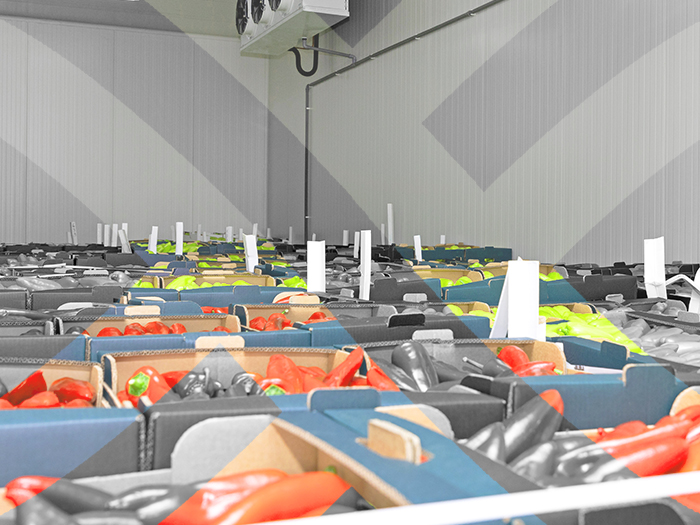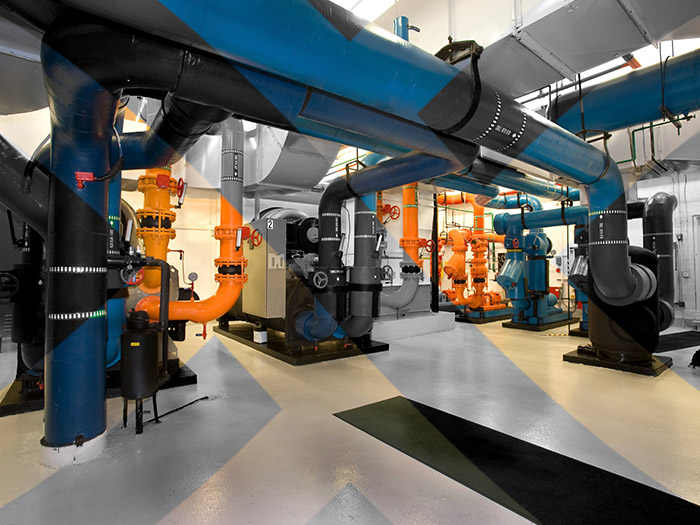News
better business decisions
Posted 2 years ago | 3 minute read

UK cold chain focussed on energy action
Low-carbon technologies and energy management technologies will have the greatest influence over temperature-controlled logistics in the coming decade, according to the Cold Chain Federation.
The Cold Chain Report 2023, published on 19 July, noted that wholesale energy costs between 2017 and 2023 have increased by 89% to £788M in 2023, making energy costs a top current challenge for cold chain businesses.
Other challenges for cold storage highlighted by survey respondents included:
- Clarity on expectations for energy efficiency improvement in cold stores to 2050 and a long term commitment to the Climate Change Agreement scheme.
- Overcoming grid capacity restrictions at logistics sites, which the report said are severely inhibiting sustainable investments in renewables and other energy management processes.
- Reviewing commonly held temperature setpoints for frozen food storage to end overchilling whilst significantly saving energy without compromising on product safety or quality.
The survey also found that 25% of UK cold storage sites are now fitted with renewable energy technology. But the survey of over 100 people suggested companies wanted to go further with 40% of respondents ranking investment in new, low-carbon equipment as the most important action businesses in cold-chain logistics could take towards net zero. Improving efficiency of existing equipment and reducing or eliminating the use of high GWP refrigerants were placed second and third in importance with 21% of respondents.
“There is a clear view that investing in efficiency or reducing costs represents an opportunity not only to manage the energy crisis, but also to take advantage of the growing need for cold chain services in the UK and the increasing requirement for those services to be provided as sustainably as possible”, Cold Chain Federation executive director Tom Southall said.
“The strong view among cold chain leaders that energy management technologies will have the greatest influence over the cold chain over the coming decade reflects not only the expectation that energy costs will remain high, but also the need to move towards net zero cold chain operations […] Whether it be electrification of refrigerated vehicles, harnessing the power of renewables or thinking differently about energy storage and reusing the heat from our warehouses, the opportunities to save costs while meeting customer requirements and increasingly stringent regulations, are becoming the imperative.”
GridBeyond COO Mark Davis said:
“At GridBeyond we have been supporting businesses across temperature-controlled logistics to manage their energy strategies in a way that not only reduces energy costs and emissions, but can also turn energy from a cost into a revenue stream. From demand response participation through to installing battery storage systems behind the meter to avoid grid capacity restrictions and integrating renewables for cost reduction and sustainability, GridBeyond has solutions in place to support cold logistics to reach net zero in a cost effective way”.

Client Spotlight: HSH Coldstores
HSH Coldstores are a cold storage and distribution organisation based in the United Kingdom. The business operates across 5 cold storage sites across the country and has a fleet of over 40 HGV lorries.
Learn more





